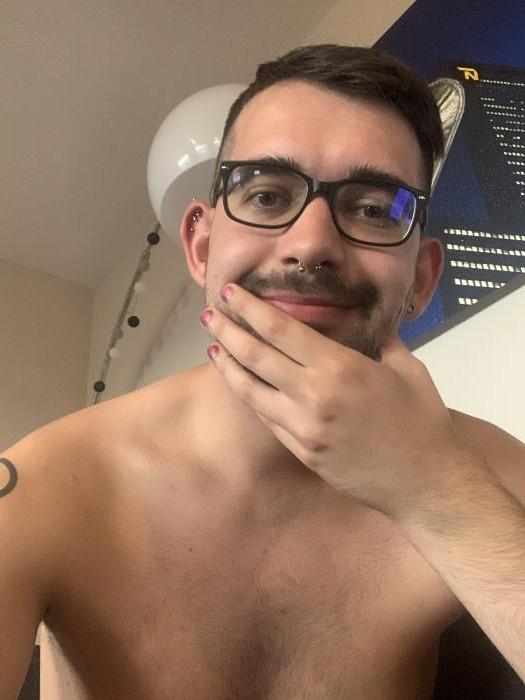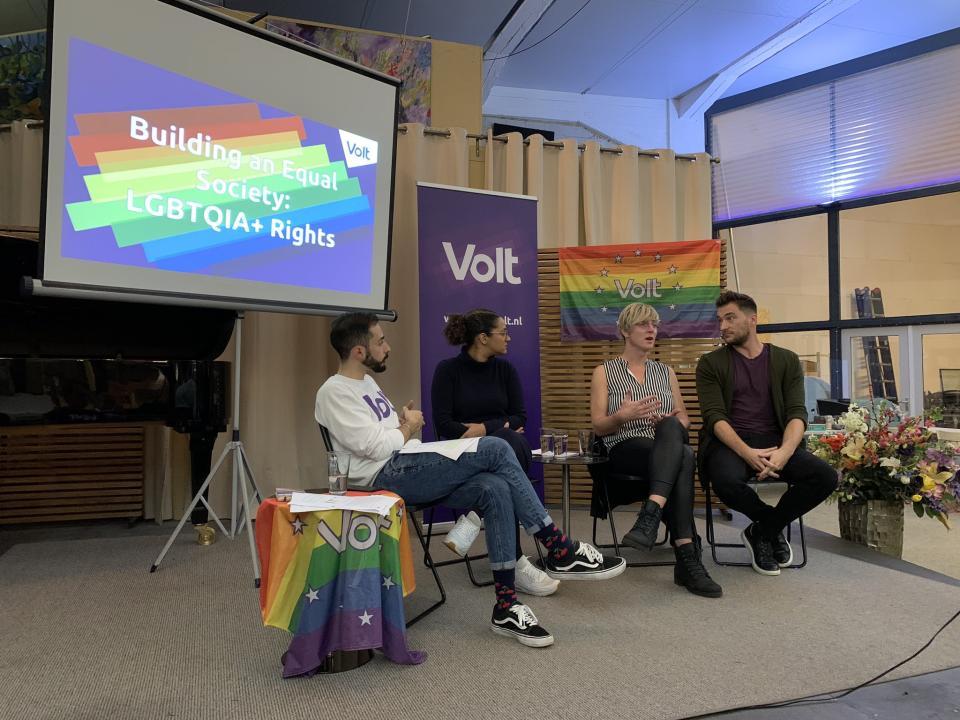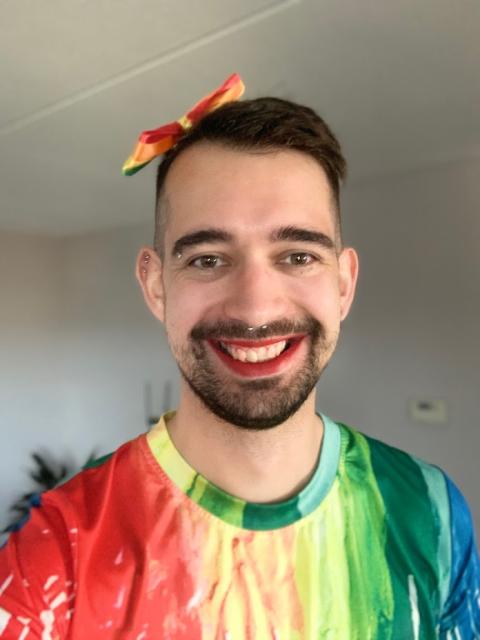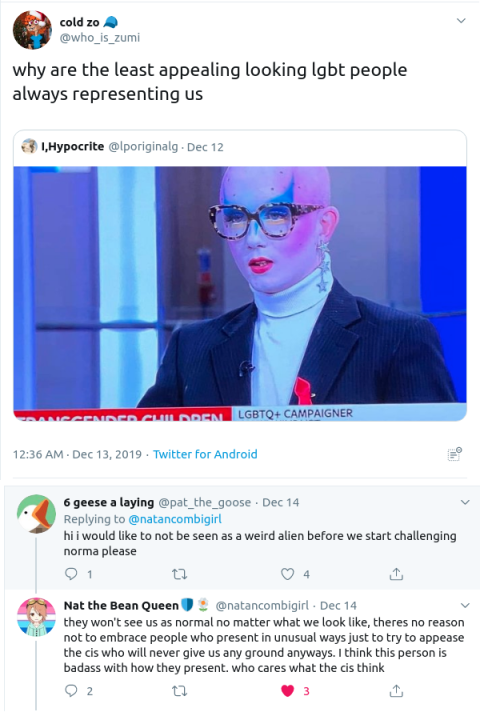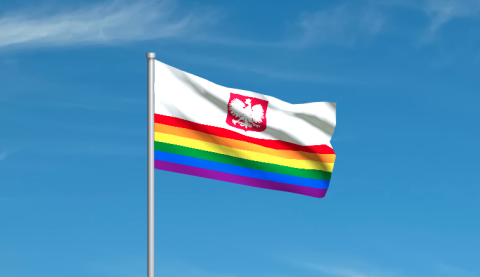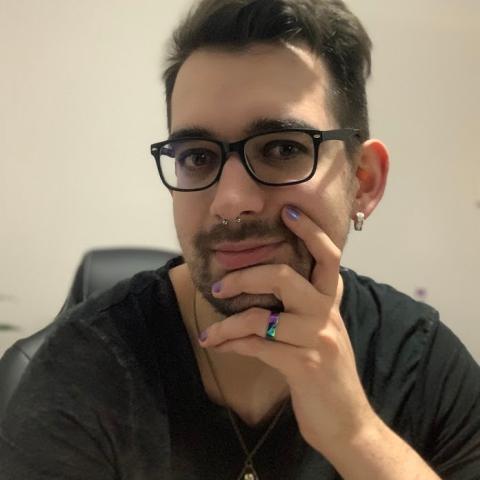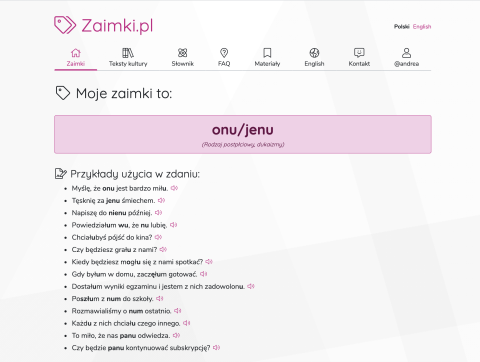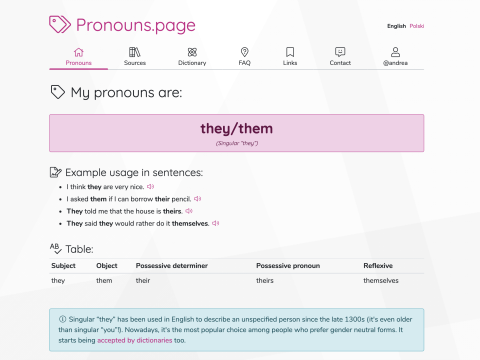It’s #ComingOutDay, so I feel like I should tell you something...
Here it goes...
Ekhm...
I’m queer af
I know, I know, but please try to contain your shock
But in all seriousness: I’m so lucky and privileged that I can just say it out in the open. Most people still aren’t.
When I first came out, it was scary, risky and dangerous. But I did it. It got worse, but then it got better. Being truly myself made it better.
If you’re scared to come out, remember:
- you don’t have to if you’re not ready
️
- your global queer family will always be there for you
️
- you’re perfect the way you are
️
What hit me most at yesterday’s debate, was a story of a workshop where 12-13yo kids were totally open about their identity, but their teacher just couldn’t understand “that pansexual and nonbinary nonsense” – despite her being a lesbian herself.
How come kids are better educated, more open and more self-aware than their teachers?
Simple: because now they grow up with the Internet, with all the inclusive Netflix shows, with all the celebrities coming out... Those kids will educate their parents, teachers, friends...
That’s why your coming out is so important. It’s a snowball effect. More visibility ⇒ more acceptance ⇒ it’s easier to come out ⇒ more people do so ⇒ more visibility.
Inclusive society is inevitable! 
Happy #ComingOutDay!
 Avris
Avris
 Avris
Avris

